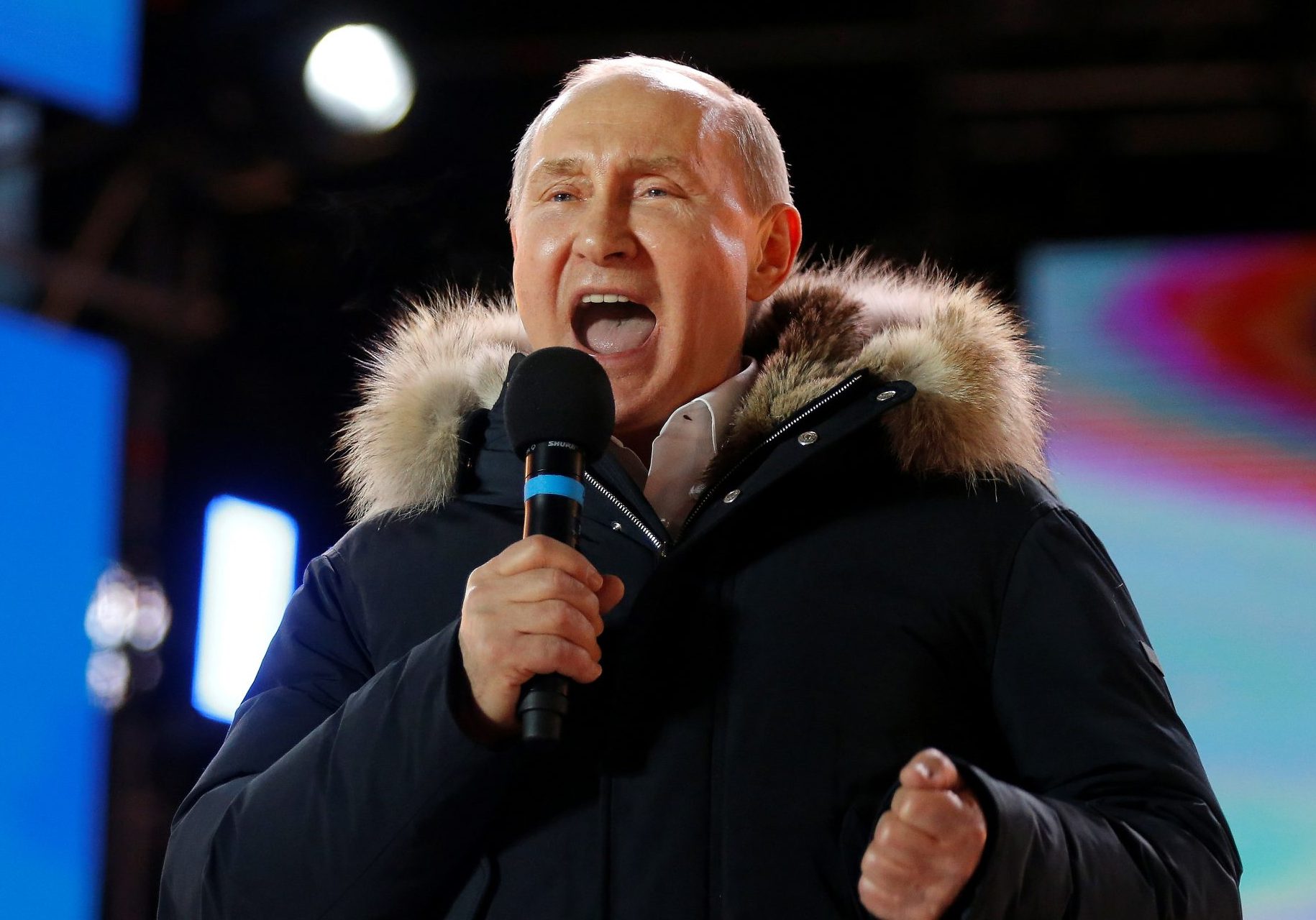- Joined
- Apr 18, 2013
- Messages
- 94,152
- Reaction score
- 82,413
- Location
- Barsoom
- Gender
- Male
- Political Leaning
- Independent

Five reasons why Ukraine rejected Vladimir Putin’s “Russian World” - Atlantic Council
Russian President Vladimir Putin's efforts to force Ukrainian acceptance of the country's place within the "Russian World" have proved disastrous and led to the collapse of Russian influence in Ukraine.
March 2021 - At this stage, it is already possible to identify five key reasons why Ukrainians have rejected Putin’s appeals to rejoin the “Russian World.”
1. Absence of imperial identity: While modern Russian national identity is inextricably tied to notions of imperial destiny, the same is simply not true for Ukrainians. For this reason, the “Russian World” doctrine did not strike a chord among a majority of Ukrainians even before the 2014 crisis. Instead, it provoked widespread suspicion.
2. Democratic divergence: After gaining independence in 1991, Ukraine has slowly but steadily embraced democracy, leading to the emergence of a highly competitive if imperfect multi-party political system. Many Ukrainians remain deeply dissatisfied with the country’s often dysfunctional democracy, but few have any desire for a return to a one-party system dominated by a dictator in the Kremlin. There is also very little enthusiasm for Putin personally. According to a Pew Research Center survey, Ukrainian approval of Putin in international affairs fell from 56% in 2007 to just 11% in 2019. No wonder today’s authoritarian Russia has proven such a hard sell to Ukrainian audiences.
3. The polarizing impact of war: Prior to 2014, negative views of Russia were not particularly common among Ukrainians outside of western Ukraine. However, since the outbreak of hostilities, such attitudes have become increasingly mainstream in all regions of the country. An entire generation of young Ukrainians with no personal memories of the shared Soviet past now knows Russia primarily as an aggressor and an adversary. Regardless of any future developments towards peace and reconciliation, the seven-year war between the two countries represents a watershed event that has permanently transformed Russian-Ukrainian relations.
4. Religious differences: On paper at least, the Russian Orthodox Church continues to exert formidable influence over Ukraine. However, in reality, this influence was already in decline prior to the outbreak of hostilities in 2014 and long before the establishment of an independent Orthodox Church of Ukraine in 2019. The Russian Orthodox Church remains a powerful force in Ukrainian everyday life with millions of believers and thousands of parishes. Nevertheless, it is now nowhere near as influential as it once was. Looking ahead, it cannot hope play the kind of unifying role in pluralistic Ukraine that it performs inside Russia itself.
5. Memory wars: Many Ukrainians do not agree that Crimea “was always Russian,” for example, and also reject Russian attempts to claim the historical legacy of the Kyiv Rus. Putin’s decision to attack Ukraine in 2014 owed much to his apparently sincere conviction that the country belongs in the “Russian World.” This proved a grave miscalculation that has accelerated a number of existing trends pulling the two post-Soviet nations in different directions. The entire “Russian World” concept is rooted in outdated nineteenth century imperial myths that have no place in the twenty-first century. Such thinking has had an incredibly damaging impact on Russian-Ukrainian ties. Until modern Russia is able to reject the toxic “Russian World” doctrine, it will continue to poison relations with Ukraine and widen the divide between the two countries.
I can't disagree with any of the analysis above, which are expanded upon in the article itself.
